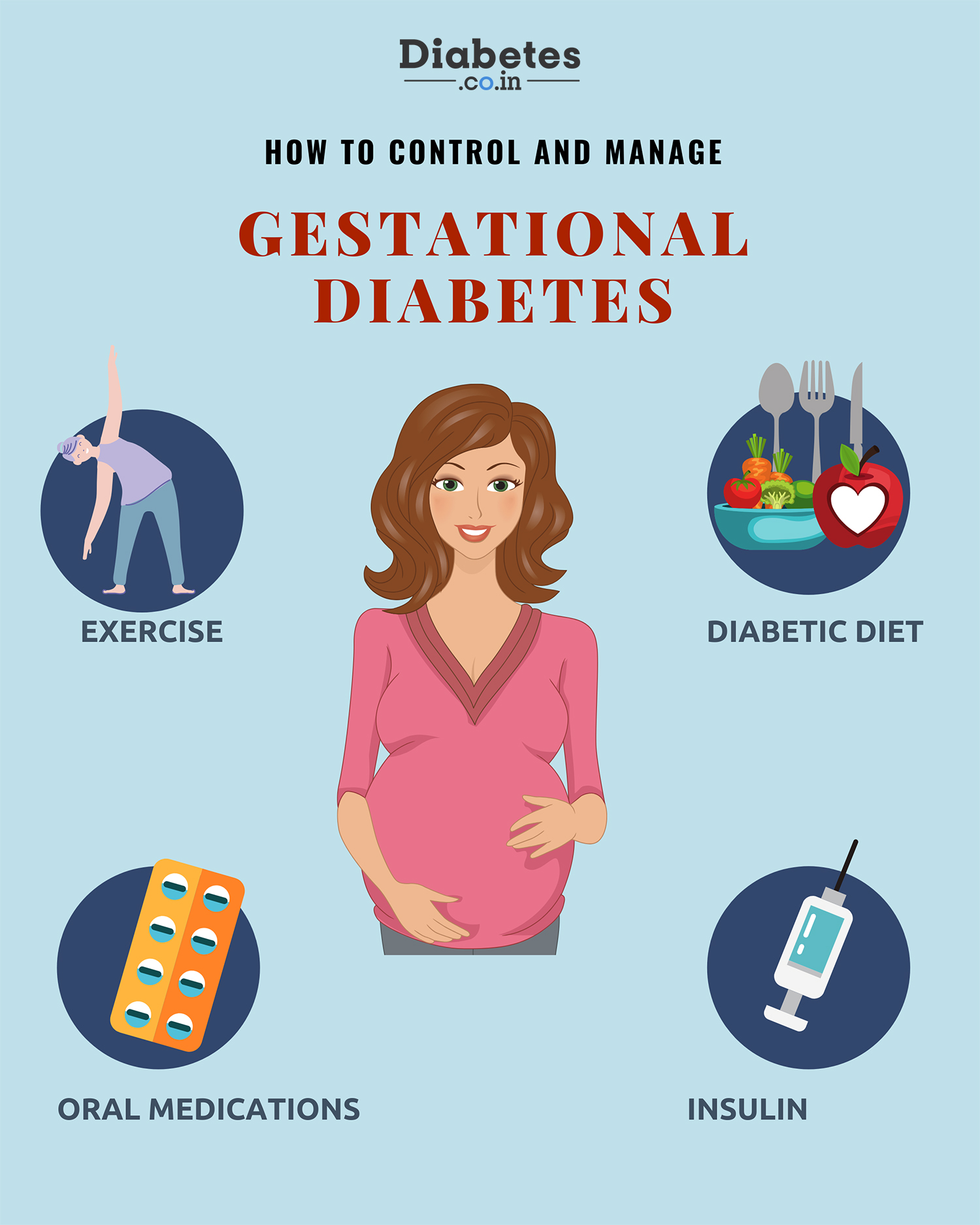Gestational diabetes affects many pregnant women worldwide. It’s a condition that can be managed with the right steps.
During pregnancy, some women experience high blood sugar levels. This condition is known as gestational diabetes. It can pose risks to both the mother and baby. But with proper care and lifestyle changes, these risks can be minimized. Understanding what gestational diabetes is and how to manage it is crucial for a healthy pregnancy.
This blog post will guide you through the basics and offer practical tips for managing this condition effectively. Whether you’re expecting or planning to be, knowing about gestational diabetes can help you stay prepared and healthy. Let’s dive in and explore this important topic.
Causes And Risk Factors
Understanding the causes and risk factors of gestational diabetes is essential for managing this condition effectively. Knowing what contributes to its development can help you take proactive steps towards better health for both you and your baby. Let’s delve into the key influences that may increase your risk of developing gestational diabetes during pregnancy.
Genetic Influences
Genetics play a significant role in the development of gestational diabetes. If you have a family history of diabetes, you may be more prone to this condition. For instance, if your parents or siblings have type 2 diabetes, your risk increases.
Additionally, certain ethnic groups, such as African Americans, Hispanics, Native Americans, and Asians, are more likely to develop gestational diabetes. Understanding your genetic predisposition can help you make informed decisions about your health during pregnancy.
Lifestyle Factors
Your lifestyle choices significantly impact your risk of gestational diabetes. A sedentary lifestyle, combined with poor eating habits, can increase your chances of developing this condition. Regular physical activity and a balanced diet are crucial for maintaining healthy blood sugar levels.
Excessive weight gain during pregnancy is another risk factor. If you are overweight or obese, working with your healthcare provider to manage your weight through a healthy diet and exercise can reduce your risk. Simple changes, like walking for 30 minutes a day or choosing whole foods over processed ones, can make a big difference.
Have you ever noticed how small adjustments in your daily routine can lead to significant health benefits? Think about incorporating these changes to not only lower your risk of gestational diabetes but also to improve your overall well-being.
Are you aware of your family’s medical history and how it might affect your pregnancy? How can you adjust your lifestyle to ensure a healthier pregnancy? Remember, understanding and addressing these risk factors can empower you to take control of your health.

Credit: smellthemintleaves.com
Symptoms And Diagnosis
Understanding the symptoms and diagnosis of gestational diabetes is crucial for expecting mothers. It helps in early detection and management. Early diagnosis can prevent complications for both mother and baby.
Common Symptoms
Gestational diabetes often has no symptoms. It may go unnoticed until tested. Sometimes, symptoms may appear. Increased thirst is common. Frequent urination is another sign. Fatigue can also be a symptom. Blurred vision might occur. Regular check-ups are important.
Diagnostic Tests
Doctors use specific tests to diagnose gestational diabetes. The Oral Glucose Tolerance Test (OGTT) is standard. It measures blood sugar levels after drinking a sugary liquid. A fasting blood sugar test may also be done. This test checks blood sugar after fasting overnight. Both tests help in accurate diagnosis. Early testing is key to managing the condition.
Management And Treatment
Gestational diabetes occurs during pregnancy. It requires proper management to protect both mother and baby. The right approach includes dietary changes, medical interventions, and regular monitoring. Here’s how to manage and treat gestational diabetes effectively.
Dietary Changes
A balanced diet is crucial. Choose foods low in sugar and high in fiber. Opt for whole grains, fruits, and vegetables. Avoid sugary snacks and drinks. Eat small, regular meals to keep blood sugar levels stable. Include lean proteins like chicken, fish, and tofu. Drinking plenty of water helps too.
Medical Interventions
Sometimes, diet and exercise are not enough. Medication may be necessary. Your doctor might prescribe insulin or other drugs. Regular monitoring of blood sugar levels is vital. This helps ensure that treatments are effective. Attend all prenatal appointments. These checks help track your baby’s health and development.
00825-0/asset/e26dc9ba-2eaa-4c7b-8bf9-1cc7f3405e07/main.assets/gr1_lrg.jpg)
Credit: www.thelancet.com

Credit: diabetes.co.in
Frequently Asked Questions
What Is The Best Way To Manage Gestational Diabetes?
Manage gestational diabetes by eating a balanced diet, monitoring blood sugar levels, exercising regularly, and following your doctor’s advice.
What Is Gestational Diabetes And Explain Its Management?
Gestational diabetes occurs during pregnancy when blood sugar levels become high. Management includes healthy eating, regular exercise, monitoring blood sugar levels, and sometimes medication. Proper management ensures a healthy pregnancy and baby.
What Is Gestational Diabetes How Can It Be Controlled?
Gestational diabetes occurs during pregnancy. Control it with a healthy diet, regular exercise, and monitoring blood sugar levels. Consult your doctor for medication if needed.
What Happens If You Test Positive For Gestational Diabetes?
You will need to monitor your blood sugar levels, adjust your diet, and possibly take medication. Regular check-ups with your doctor are essential.
What Is Gestational Diabetes?
Gestational diabetes is high blood sugar during pregnancy. It usually develops in the second trimester.
Conclusion
Managing gestational diabetes is crucial for a healthy pregnancy. Regular exercise and balanced diet help control blood sugar levels. Consult your doctor for personalized advice. Monitoring glucose regularly ensures timely adjustments. Stay informed and proactive for the best outcomes. Remember, small steps make a big difference.
A healthy lifestyle benefits both mother and baby. Consistent care leads to a smoother pregnancy journey. You can manage gestational diabetes effectively with the right approach.
Read More:

